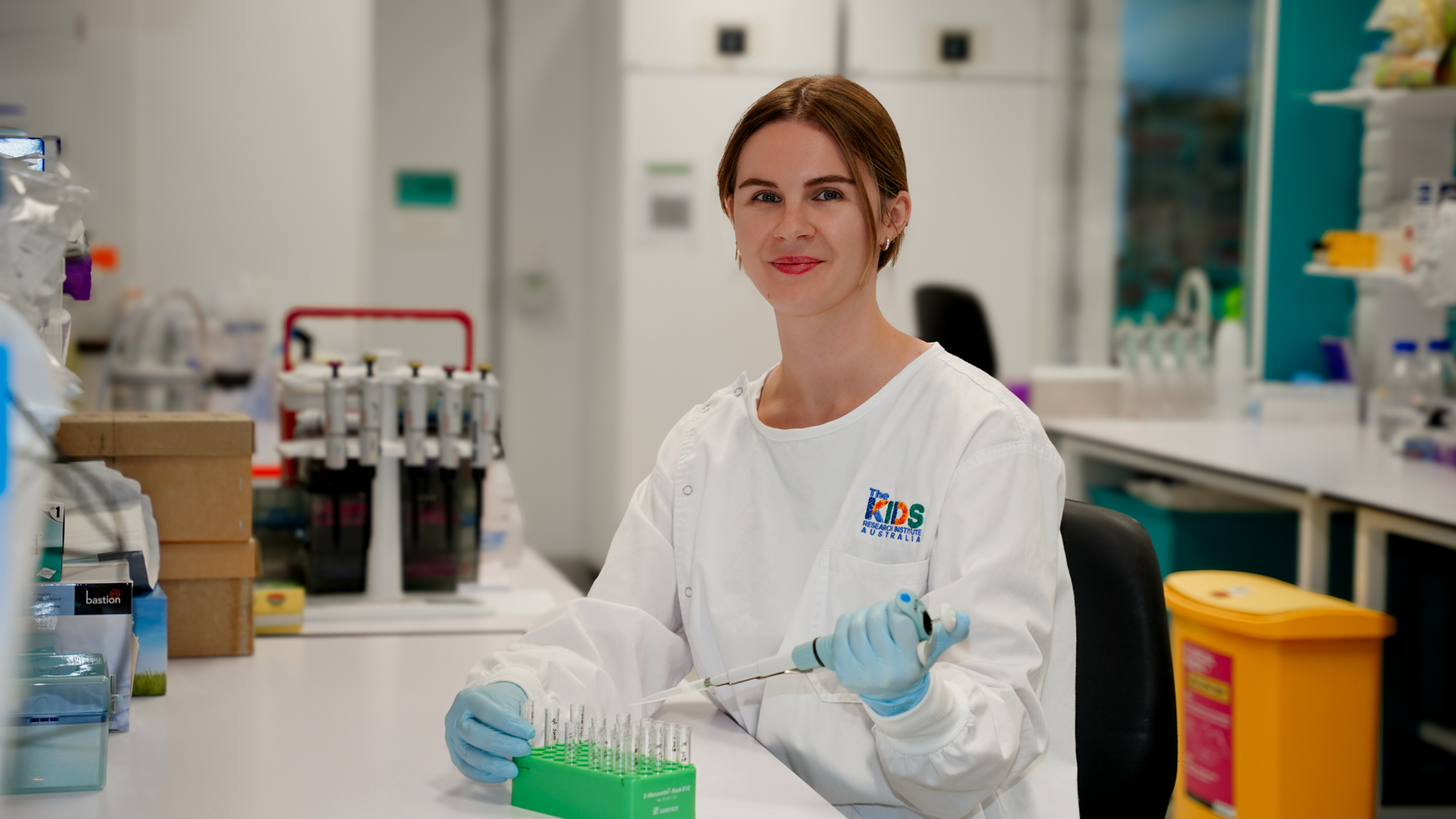Search

Recognise. Reframe. Respond.

The Kids Research Institute Australia’s annual Prospective Student Evening is an opportunity for students considering Honours, Masters, MDs, or PhDs to learn about what it would mean to work on a project based at the Institute.
Research
Homology modeling and monoclonal antibody binding of the der f 7 dust mite allergenThe group 7 allergens are important allergenic specificities for mite-sensitive patients and may need to be incorporated into new diagnostic and therapeutic...
Research
Immunogenicity and safety of a combined Haemophilus influenzae type b-NeisseriaNeisseria meningitidis serogroups B, C, and Y cause most meningococcal disease in industrialized countries...
Research
Responsiveness of the human airway in vitro during deep inspiration and tidal oscillationThe aim of this study was to examine the in vitro response of isolated human airways to the dynamic mechanical stretch associated with normal breathing.
Research
Elemental carbon exposure and lung function in schoolchildren from Mexico CityThough exposure to air pollution has a detrimental effect on respiratory health, few studies have examined the association between elemental carbon exposure...
Research
Prolonged use of wind or brass instruments does not alter lung function in musiciansRespiratory function impacts on musical expression for wind/brass (W/B) musicians. Investigation of musicians' respiratory health to date has rarely...
Research
Rett Syndrome: Revised diagnostic criteria and nomenclatureThe purpose of this work was to revise and clarify 2002 consensus criteria for the diagnosis of RTT in anticipation of treatment trials.
Research
Children's language development 0-9 years. In Growing up in Australia:Language development is one of the most important developmental accomplishments of early childhood and is the foundation for literacy, educational...
Research
Genome-wide association and large-scale follow up identifies 16 new loci influencing lung functionPulmonary function measures reflect respiratory health and are used in the diagnosis of chronic obstructive pulmonary disease.
